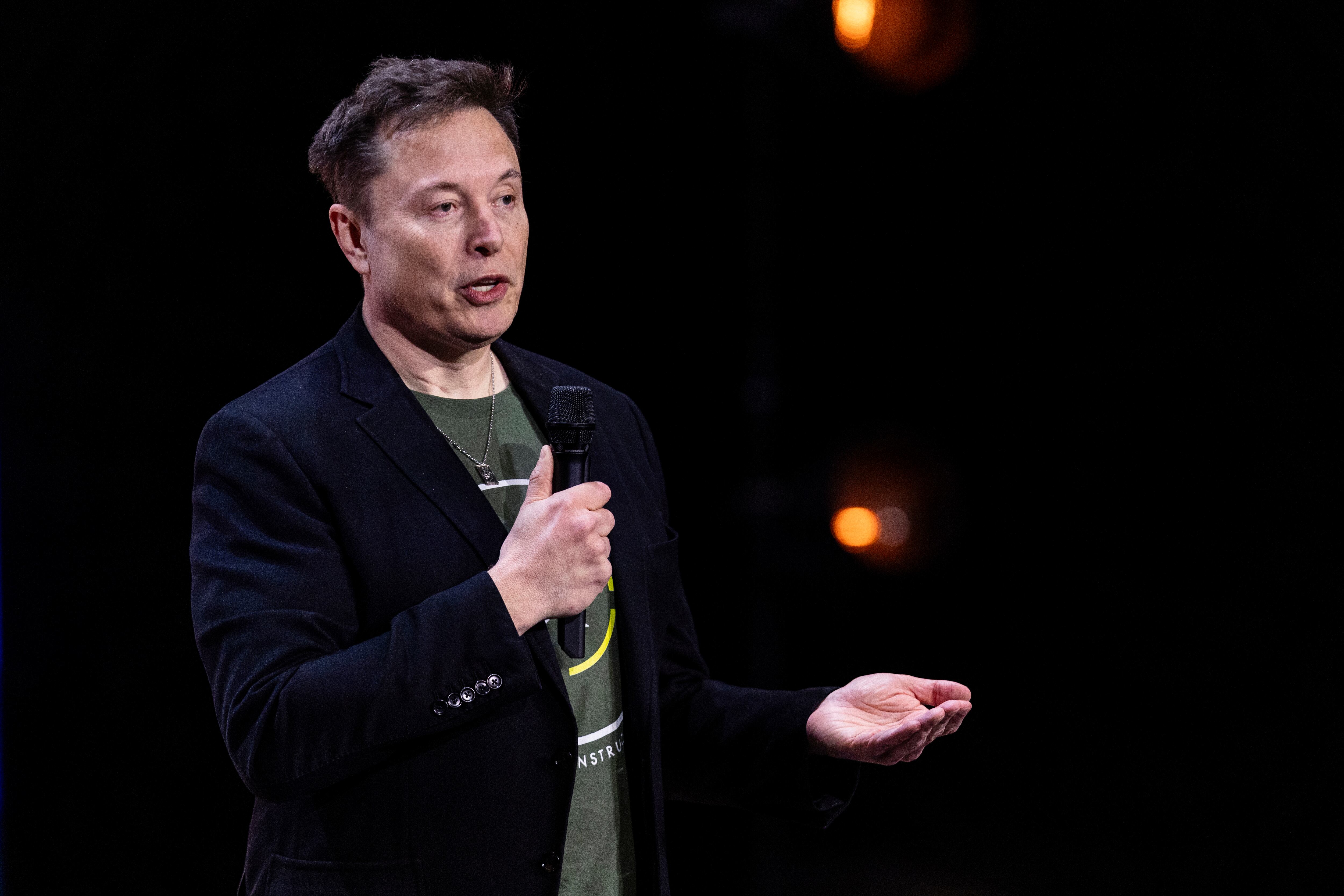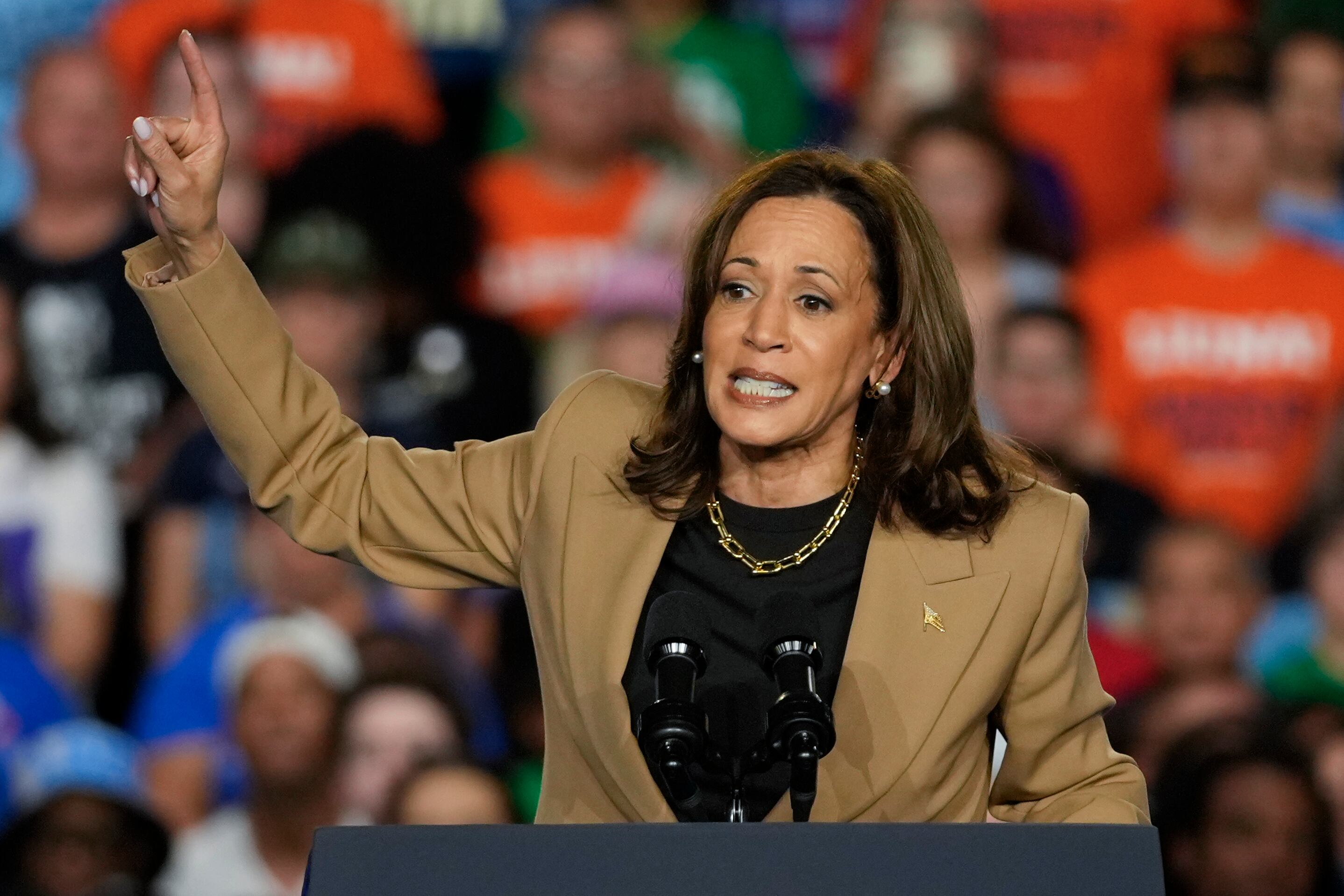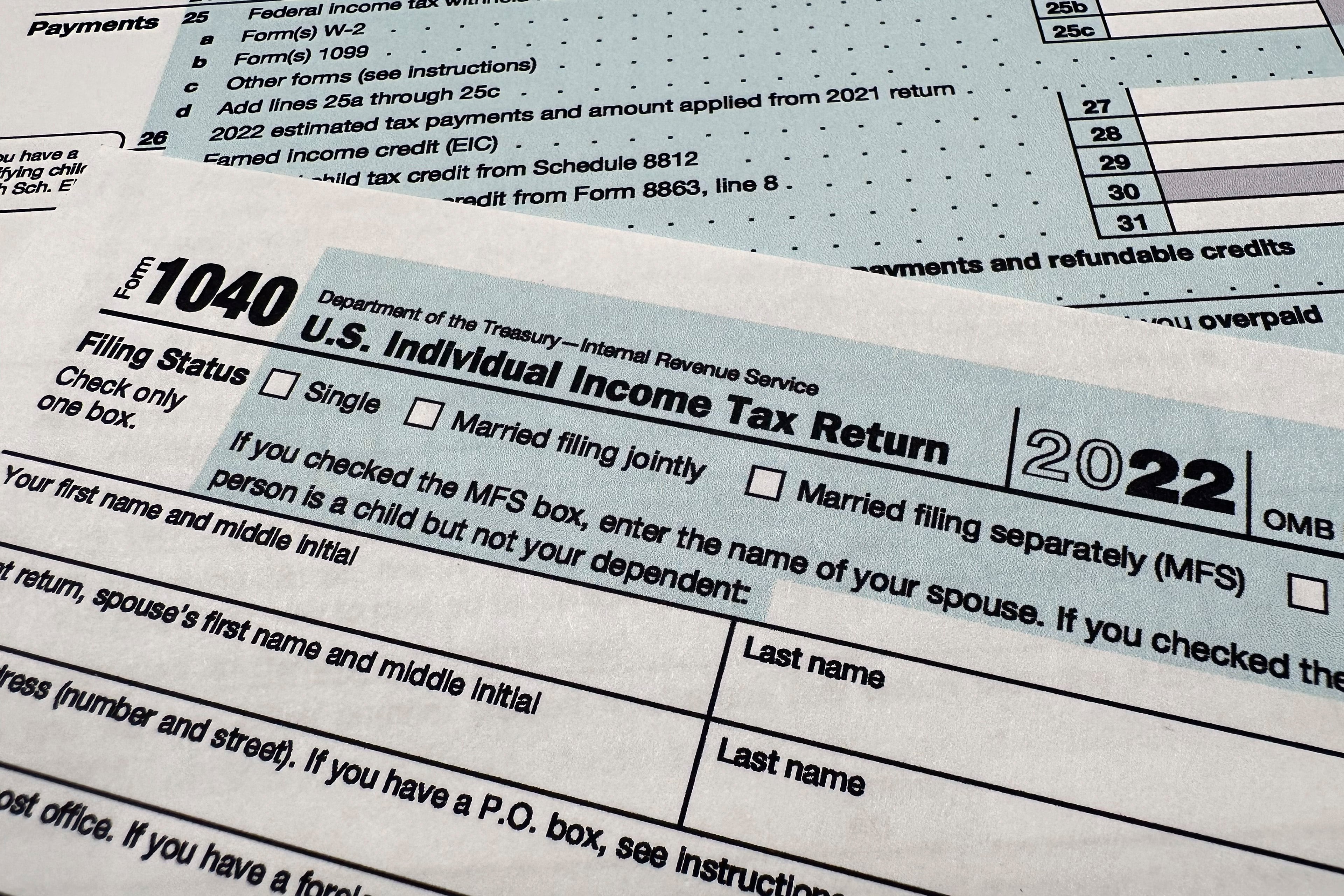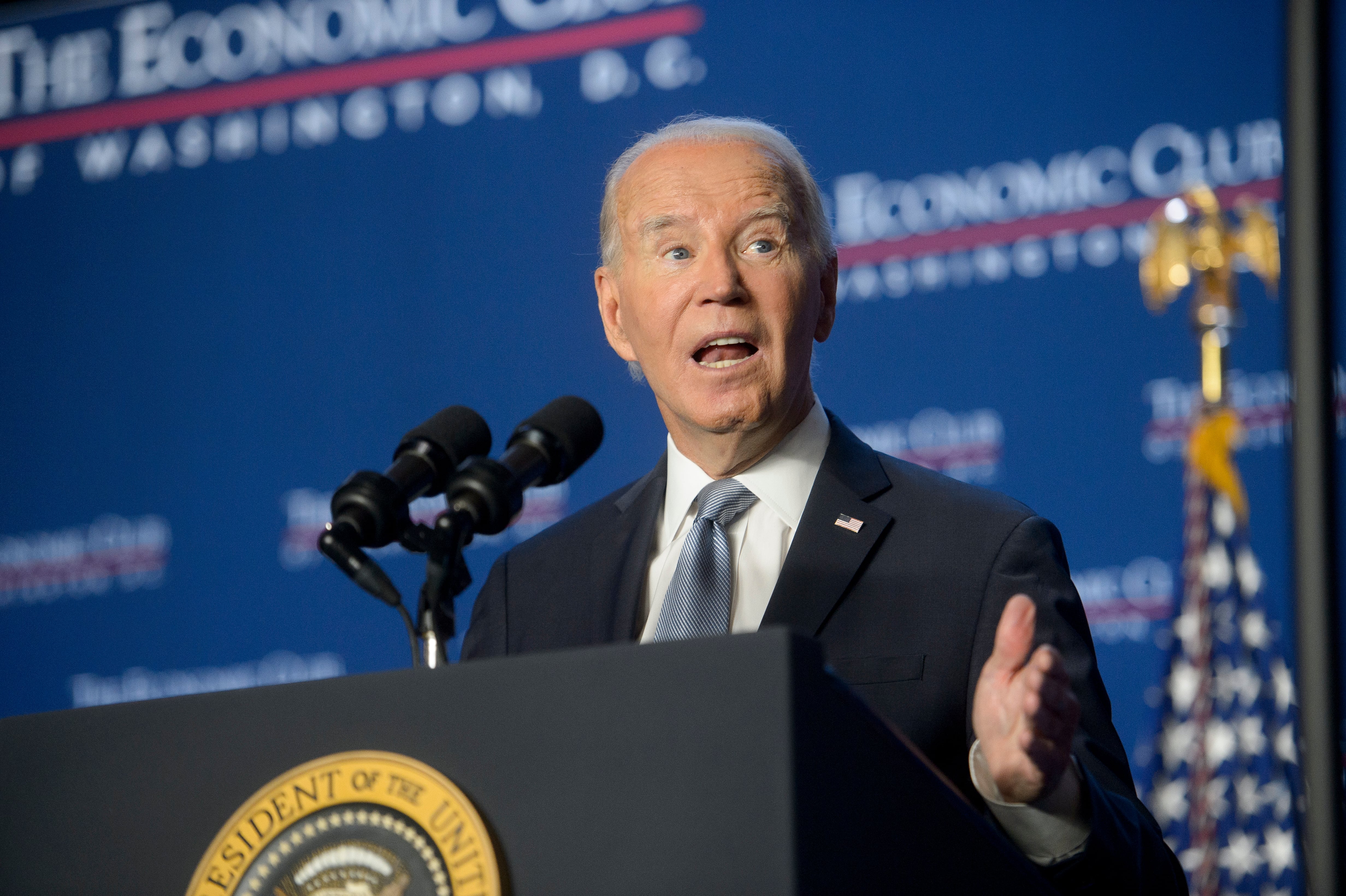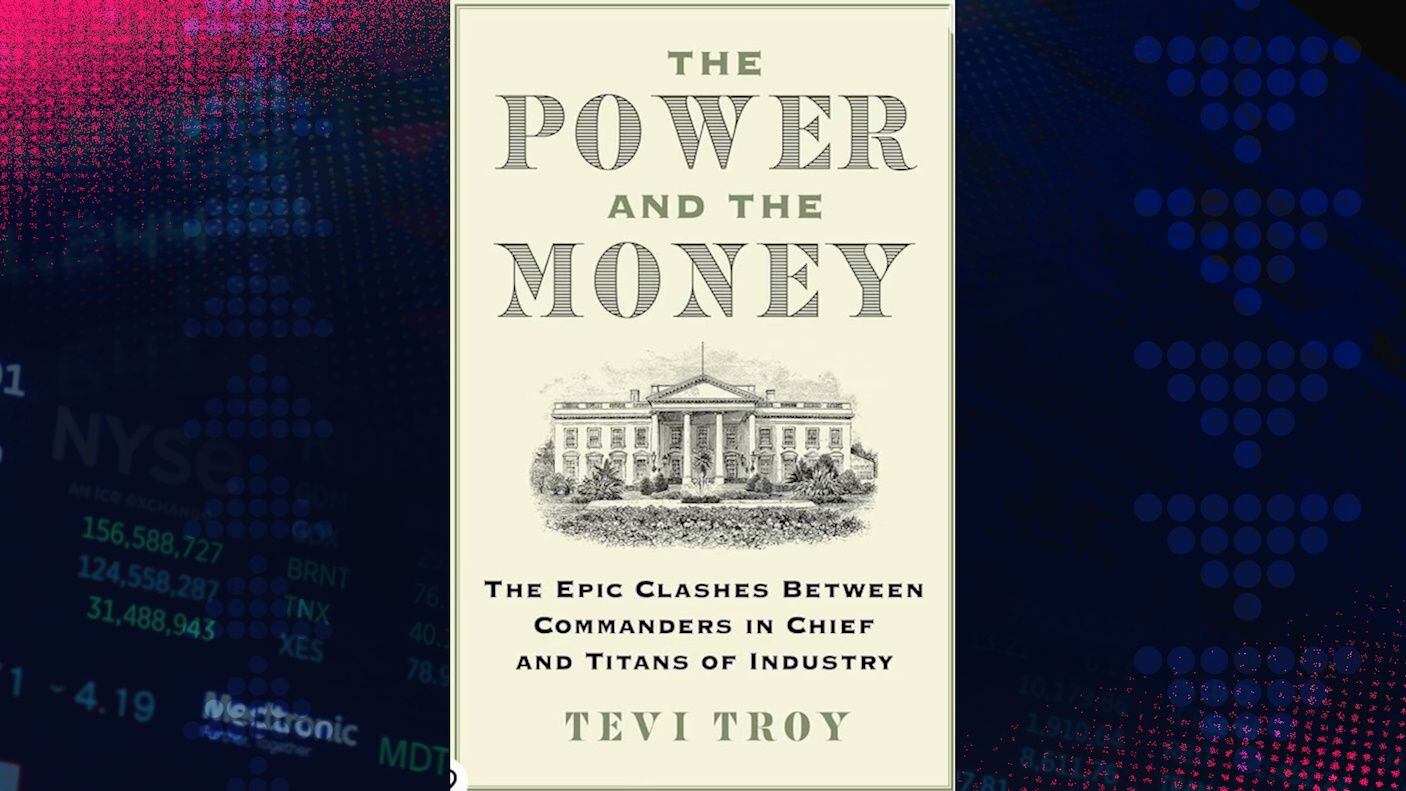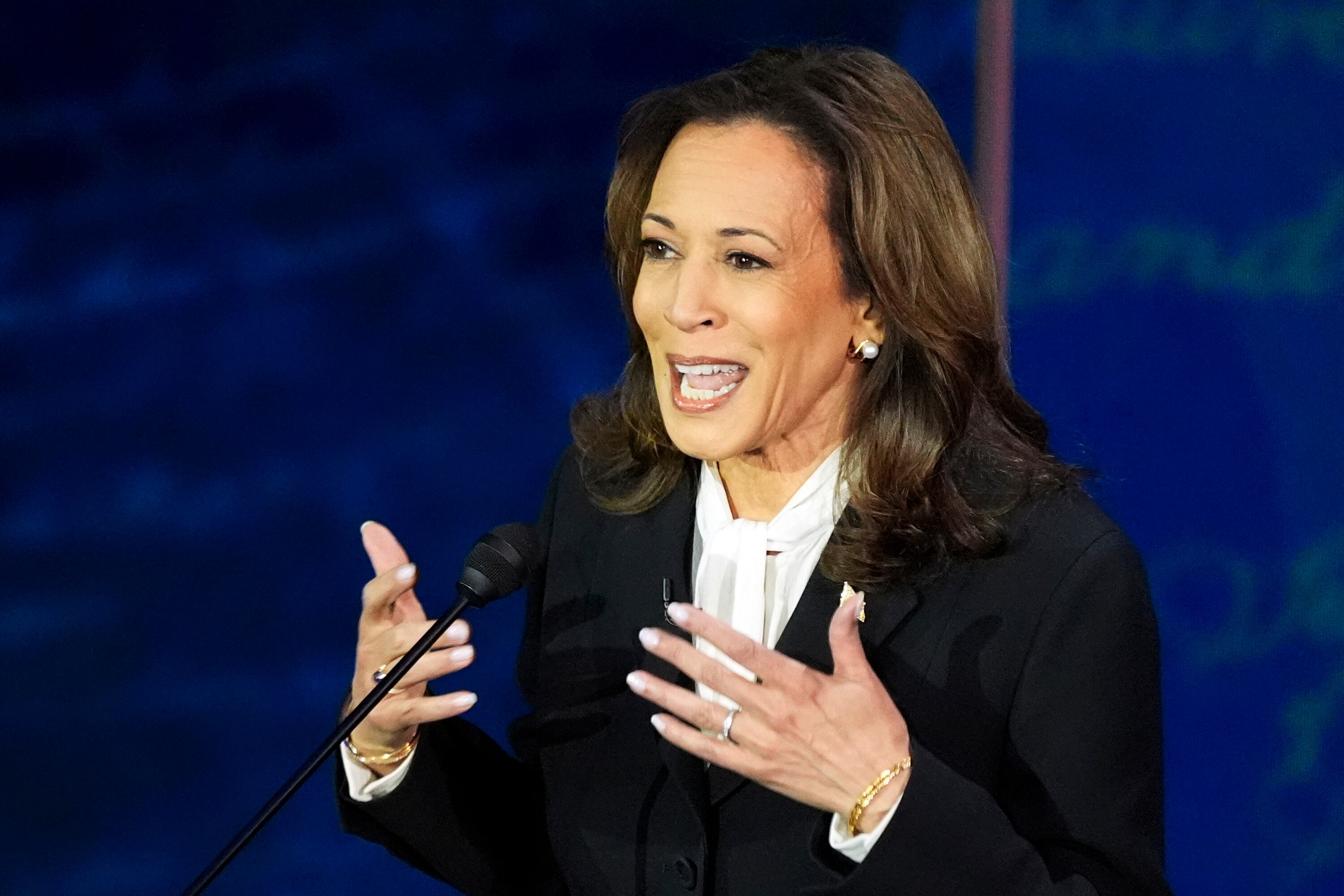*By Jacqueline Corba* The nation may get greener on Tuesday night. "There's a lot more senate and congressional races in which marijuana has become an issue than ever before," Cannabis Voter Project Director Sam D'Arcangelo told Cheddar's CannaBiz on Tuesday. "Marijuana now more than ever has become an issue that politicians are talking about." The Cannabis Voter Project is an initiative launched by HeadCount, a nonpartisan and nonprofit group that registers voters at popular concerts and events that are attended largely by younger generations. Four states could relax their policies on marijuana after this midterm election. Legalizing weed for recreational use is up for a vote in North Dakota and Michigan, and Missouri and Utah could legalize the drug for medicinal use. "Cannabis has only really become an important issue for a lot of people in the last few years," D'Arcangelo said. "A lot more people are going to the polls with that in mind." According to [Gallup](https://news.gallup.com/poll/243908/two-three-americans-support-legalizing-marijuana.aspx), 66 percent, or two-thirds, of Americans are in favor of legalization. Driving that all-time high of support are [millennials, in particular](http://www.pewresearch.org/fact-tank/2018/10/08/americans-support-marijuana-legalization/). D'Arcangelo said if Michigan legalizes marijuana at the recreational level, it could signal a sea change for the entire Midwest, since policy reform often starts at the state level. "Washington and Colorado legalized back in 2012 and then the dominoes fell, so to speak, across the West Coast," D'Arcangelo said. "So if it goes through in Michigan, which is looking like it probably will, the next places you want to look to are places like Illinois and Ohio where there's been a lot of talk about marijuana legalization at the state legislative level that hasn't gotten rolling in earnest." Ahead of the midterms former Speaker of the House John Boehner penned an op-ed in The [Wall Street Journal](https://www.wsj.com/articles/washington-needs-to-legalize-cannabis-1541361855) calling for legalization at the federal level. Boehner [now serves on the board of cannabis producer Acreage Holdings](https://cheddar.com/videos/why-john-boehner-changed-his-mind-on-cannabis). "When a guy like John Boehner ... is now coming around and publishing an op-ed like this, I think that's a pretty clear indicator that things are going to be changing pretty soon," D'Arcangelo said. For full interview [click here](https://cheddar.com/videos/how-pot-reform-could-drive-more-voters-to-polls).


